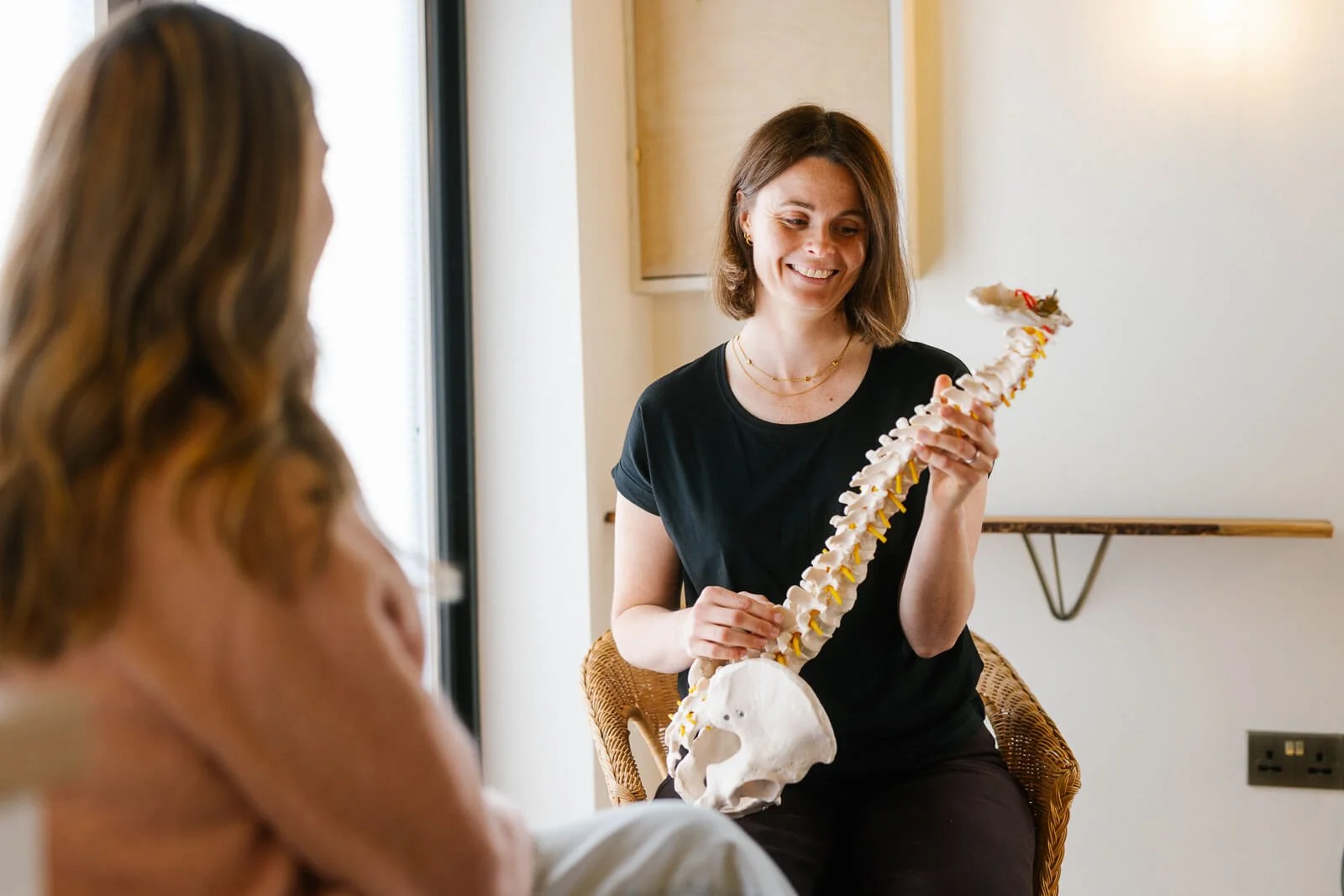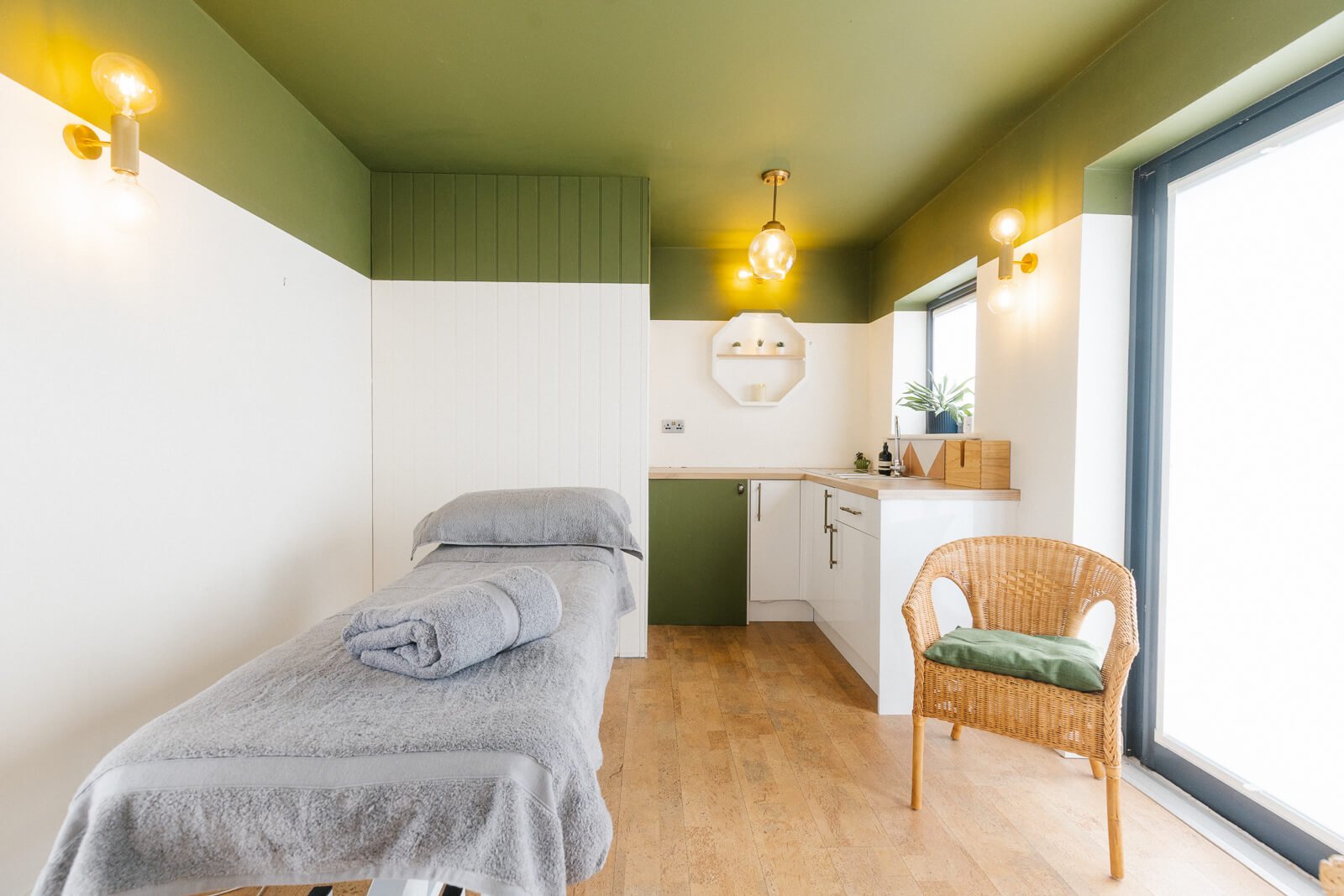Book a Treatment with Release Osteopathy
Osteopathy Prices
Initial
Appointment
From £70
Follow up - 30 mins
Appointment
From £50
Follow up - 45 mins
Appointment
From £70
Have Questions Before Booking? Get in Touch.
At Release Osteopathy, we’re passionate about helping people move freely, recover from discomfort, and enjoy a healthier, more active life.
Whether you’re ready to book an appointment, want to learn more about our treatments, or just have a question, our friendly team is here to assist. Complete our contact form, and one of our team members will get back to you promptly.
Sports Massage Prices
Massage - 30 minutes
Appointment
From £40
Massage - 60 minutes
Appointment
From £70
Massage - 90 minutes
Appointment
From £105
FAQs
-
The easiest way to book your osteopathy, pilates, or sports massage session is online using our secure booking system. You can also book by phone or email if you prefer. Simply select a date and time that suits you, and you’ll receive instant confirmation. Booking online makes it simple to manage your appointments, choose the right service, and plan your visit to Release Osteopathy with ease.
-
Yes! Many clients choose to combine osteopathy and sports massage sessions to support recovery, reduce pain, and improve mobility. Our team can help you plan a schedule that fits your treatment goals and ensures you get the most from each appointment.
-
We accept card payments, bank transfers, and cash, and all appointments must be paid for prior to attending. Receipts can be provided if you wish to claim via health cash plans.
-
We kindly ask that you provide at least 24 hours’ notice if you need to cancel or reschedule your osteopathy, sports massage or pilates appointment. This allows us to offer the slot to other clients and helps you avoid a missed session fee. Providing notice also ensures we can maintain a smooth schedule and continue offering timely appointments for everyone.
-
An osteopath provides non-invasive manual therapy focused on identifying and treating the root cause of pain, rather than just the symptoms. Treatments can improve mobility, reduce discomfort, and support overall musculoskeletal health, helping you feel better and move more freely.
-
Osteopathy is officially recognised in the UK as an allied health profession alongside physiotherapy. Qualified osteopaths hold degrees, practise independently, and follow strict professional regulations. To become an osteopath, practitioners complete a four-year full-time honours degree (bachelor’s or master’s), which includes around 1,000 hours of supervised clinical practice.
Before they can practise legally in the UK, osteopaths must register with the General Osteopathic Council (GOsC), which grants professional licences. According to the Osteopath Act 1993, it is illegal to use the title “osteopath” without completing training at a GOsC-approved institution.
-
It’s important to feel relaxed and comfortable during your osteopathy appointment. We recommend wearing loose, comfortable clothing that allows easy movement. If you’re visiting for hip, knee, or ankle pain, bring a pair of shorts to make assessment and treatment easier.
-
During your initial osteopathy consultation, your osteopath will take a detailed case history to understand your symptoms, how they developed, and any factors that may be contributing to your discomfort. They will also discuss your medical history and overall health to gain a complete picture.
The assessment includes a thorough postural evaluation and orthopaedic testing, which helps your osteopath develop a working diagnosis and a personalised treatment plan. In some cases, additional tests or imaging may be recommended, and your osteopath will explain the next steps and guide you through the process.
If appropriate, your first session will also include hands-on treatment, such as soft tissue work, stretching, joint manipulation, and mobilisation. These techniques aim to reduce pain, improve mobility, and support the body’s natural healing.
To help you maintain progress between visits, your osteopath may provide personalised exercises, posture advice, and lifestyle or dietary guidance, ensuring you continue to improve outside of the clinic.
-
Both osteopathy and physiotherapy are evidence-based healthcare professions with rigorous training in anatomy, physiology, pathology, and clinical skills. In the UK, physiotherapists typically train through the NHS, completing rotations in musculoskeletal, neurological, cardiology, and respiratory care.
Osteopaths focus primarily on musculoskeletal health, with their four-year degree emphasising spinal and joint manipulation as a core skill. Osteopathic treatment tends to be more hands-on, whereas physiotherapists often combine exercise prescription with other therapies such as hands on treatment.
Both osteopaths and physiotherapists can continue their education through postgraduate courses and continuing professional development (CPD), expanding their expertise and access to a wide range of techniques to support patient recovery and mobility.














